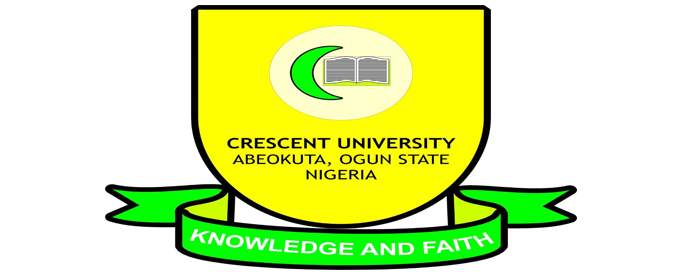By
Daniel Oyeniyi
The COVID-19 pandemic negatively impacted education in Nigeria. As the government imposed lockdown measures and schools were shut down, students living in rural and remote communities, with limited access to the internet, had their formal learning halted. However, before the pandemic hit, learning for some students had always been difficult and the pandemic just exacerbated it.
For a student like Deborah Joshua who attends a public school in the Dawaki area of Abuja, Nigeria’s capital city, learning in school was always a challenge because according to her, teachers only pay attention to bright students, and abandon other students who struggle to understand basic concepts of literacy and numeracy.
To address this gap, Project Teach the Child was initiated in 2020. The project sought to identify the learning deficiency of 100 students in the Dawaki community of Abuja using the Teaching at the right level (TaRL) approach. After this, 40 students were selected and adapted to what the initiative tagged ‘learning spaces’. In this environment, students were exposed to unconventional learning methods using board games, and teaching materials such as chess and Mavis talking pens and books to learn literacy and numeracy skills.
After gaining the buy-in of the community leaders, all 40 students were assigned to trained coaches and added to learning groups, and in fact, at the inception of the project, students were distributed into eight groups.
“Leveraging board games and basic technology, we improved the learning experience of 40 students in the fringes of Abuja,” Pearl Utuk, the Project Lead said during an interview.
Teach The Child
A beneficiary of the project ‘Teach the child’, a 10-year-old, Solomon. A said ” I do not know I can play and learn at the same time”, this shows that the impact the asserted project has on the children is outstanding. Every child loves to play rather than to work, but making work easier for them like play is what they would like to embrace.
A teacher from Divine Grace Model College, Mr. Peter Ogbaji said that the use of chess had developed the willingness of more pupils to focus on their studies, because they found it interesting, playing and studying at the same time.
Properly designed action games can actually improve attention, reading skills, and school results, according to a study published in Nature Human Behaviour by researchers at the University of Trento, the University of Geneva, the University of Paris (LaPsyDÉ, CNRS) and the University of Bolzano’s.
10-year-old Sharon expresses her level of ecstasy by saying that she likes to read using the talking pen, a tool used by ‘Teach the child Africa’, to educate and improve the literacy skills and digital knowledge of young Nigerians.
An article on Sciencedaily.com made it clear that science had tested an action video game for children, aimed at enhancing reading skills, the results demonstrate improved reading abilities after just twelve hours of Learning.
However, according to the 2022 annual report of ‘teach the child’, the organization has a record of helping 100 children through the available volunteers they got. There are millions of children in Nigeria who are in need of how to improve their literacy skills and widen their knowledge horizons on digitalization but couldn’t get the opportunity, this is indirectly having a negative impact on the development of the country’s future, through the children. If the child does not have enough channels to make its work known at every corner of Nigeria, this can be deduced from the available number of personnel working with the organization. Lack of financial assistance is a great deal of challenges facing Teach the child in solving the problem associated with literary skills.
In addition, a research work on challenges of game based learning strategy in teaching mathematics in primary school in Nkanu west local government area of Enugu state, stated that primary school teachers lack the requisite instructional competencies to integrate games in their instructional delivery, which is the greatest problem combating the use of game as an educational tool.
Games being one of the technologies in the classroom must be chosen by teachers on the games they can use effectively to teach the pupil in order to improve their literacy skills stated in the a research work, challenges and solutions when using technologies in the classroom.
Finally, teachers should undergo in-service workshops and seminars to enable hem aquires knowledge on the case of games as an academic tool stated as recommended by the department of early childhood and primary education, faculty of education, Nnamdi Azikiwe University.
406 total views, 1 views today



